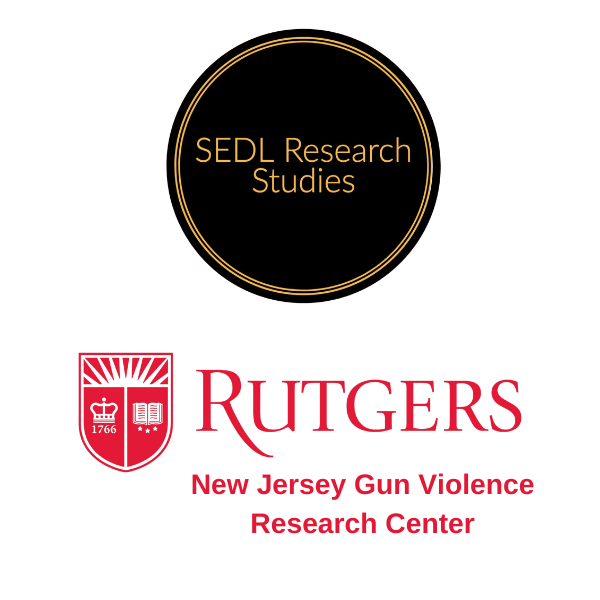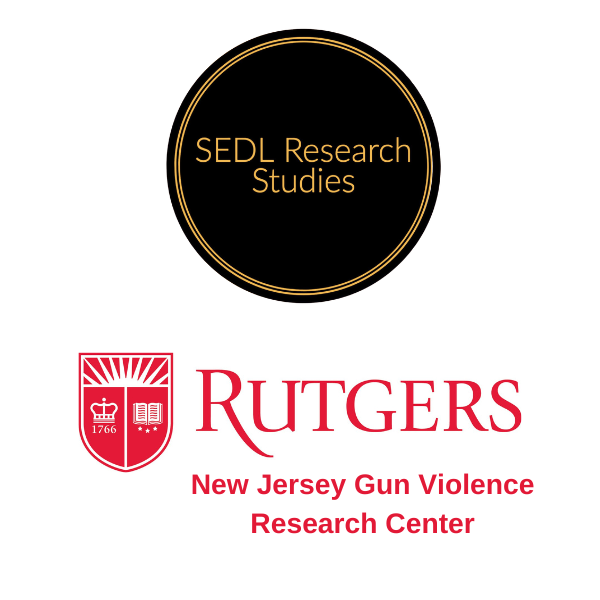Find a CBT Therapist
Search through our directory of local clinicians.
The Suicide & Emotion Dysregulation Lab/New Jersey Gun Violence Research Center (SEDL/GVRC)
Meet ABCT’s Featured Lab
The Suicide & Emotion Dysregulation Lab/New Jersey Gun Violence Research Center located at the Rutgers School of Public Health is directed by Michael Anestis, PhD.
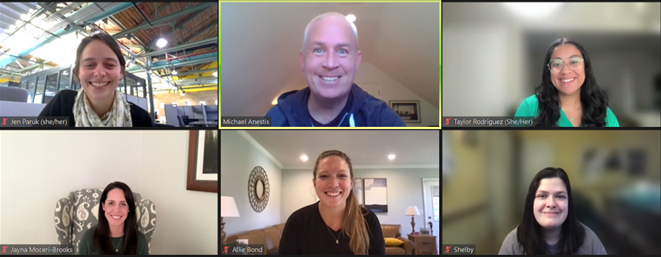
Trainee Lab Members
Postdoctoral Fellows:
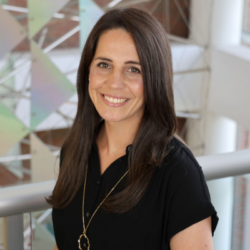
Jayna Moceri-Brooks, PhD, RN
My primary research interest is military suicide prevention.
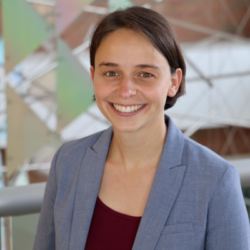
Jennifer Paruk, PhD, MPH
My primary research interest is the intersection of intimate partner violence, suicide, and firearm injury prevention.
Doctoral Students:
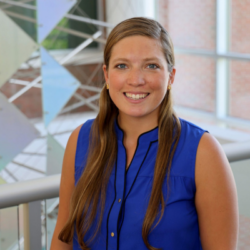
Allie Bond, M.A.
My primary research interest is firearm suicide prevention; specifically, determining who is likely to use a firearm in their suicide death, and finding ways to increase the credibility of secure firearm storage messages in an effort to increase secure storage and reduce suicide.
ABCT has helped me connect with peers and leaders in the field. The conventions are opportunities to learn about new research and connect with colleagues.
I highly recommend attending and presenting at the ABCT conventions. Additionally, joining SIGs is a great opportunity to meet others with similar interests.
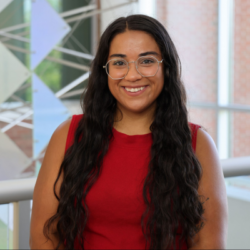
Taylor Rodriguez, M.S.
My research interests are primarily focused on individual characteristics (e.g., personality, sociodemographic variables) as they relate to mental health help-seeking, treatment preferences/expectations, and psychotherapy processes and outcomes. I also am a graduate assistant at the New Jersey Gun Violence Research Center where I work to incorporate individual difference and clinical science into firearm suicide prevention research.
ABCT has been a fantastic avenue for networking. I’ve attended ABCT conventions for the last few years and consistently have meaningful conversations with colleagues and other professionals about research and professional development.
I would recommend attending relevant panels during ABCT conventions. I’ve attended panels about predoctoral internship and clinical psychology careers; both gave me insight into others’ experiences and were important opportunities for me to broaden my perspectives.
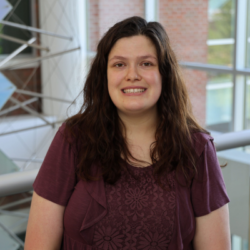
Shelby Bandel, M.S.
My primary research interest is understanding factors associated with secure firearm storage and the impact of secure storage efforts. I am also interested in credible messengers for secure firearm storage and how to leverage these voices for secure storage interventions.
ABCT provides a network by which I have been able to connect with others in the field.
Presenting at the ABCT convention and joining the SIGs is a great way to meet other professionals and form collaborations for the future. The convention also offers a variety of talks which can be helpful across a range of career phases.
Michael Anestis, PhD.
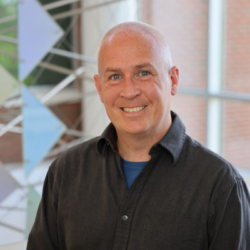 Dr. Anestis is a clinical psychologist, the Executive Director of the New Jersey Gun Violence Research Center, and an Associate Professor in the School of Public Health at Rutgers. His research focuses on the role of firearms in suicide prevention, with a particular emphasis on military and veteran populations. He is the author of over 200 peer-reviewed publications and a named investigator on over $20 million in externally funded grants. In 2018, he received the Edwin Shneidman award for early career achievement in suicide research from the American Assocation of Suicidology.
Dr. Anestis is a clinical psychologist, the Executive Director of the New Jersey Gun Violence Research Center, and an Associate Professor in the School of Public Health at Rutgers. His research focuses on the role of firearms in suicide prevention, with a particular emphasis on military and veteran populations. He is the author of over 200 peer-reviewed publications and a named investigator on over $20 million in externally funded grants. In 2018, he received the Edwin Shneidman award for early career achievement in suicide research from the American Assocation of Suicidology.
The Suicide and Emotion Dysregulation Laboratory (SEDL) was founded when Dr. Anestis was a faculty member in the clinical psychology doctoral program at the University of Southern Mississippi. In 2020, Dr. Anestis accepted a position as the Executive Director of the New Jersey Gun Violence Research Center (GVRC) and an Associate Professor in the School of Public Health at Rutgers. SEDL then became embedded within GVRC. Our interdisciplinary team considers risk factors and methods for preventing firearm suicide. This work includes the collection of large nationally representative datasets, randomized controlled trials of firearm-focused interventions (e.g. Project Safe Guard), and an emerging line of research considering how best to structure and disseminate public health messaging to foster population-level changes in firearm storage behaviors.
How long have you been a member of ABCT?
I first joined ABCT in 2005, my first year in graduate school.
How often do you attend the ABCT convention?
Outside of the COVID-19 pandemic, I have attended nearly every ABCT convention since I became a member.
How do you stay current with developments in the field?
Staying current is always a challenge, given the demands of the job, but I do my best by attending conferences, following relevant social media accounts, and actively reviewing papers for a variety of peer-reviewed journals.
How has ABCT helped you/your lab professionally?
ABCT has helped me in a variety of ways. In addition to honoring me with awards that have no doubt helped advance my career, ABCT has helped me develop collaborations and friendships, has given me an annual jolt of enthusiasm for the science of suicide prevention when I attend the conference, and provided my students with opportunities to network and learn.
Does your lab have any traditions? Does your lab do anything together for fun?
Since moving up to Rutgers, the lab has become a bit more geographically dispersed and more of a remote shop, which makes it harder for us to come together very often. That said, whenever we can get together to share a meal and spend time together, we always have a blast doing so.
What advice would you give prospective trainees?
Pursue research about which you are genuinely passionate. Science is difficult and, if you pursue what someone else wants you to pursue, you will burn out and lose interest. Throughout your training and career, live by your values and trust that doing so will lead you to the best outcome for you, even if it isn’t the outcome your mentor or anyone else would have chosen. Be kind. Academia is full of egos and can be toxic, but it’s also full of good people doing amazing work to help people. Infusing kindness helps you be part of that latter group.
